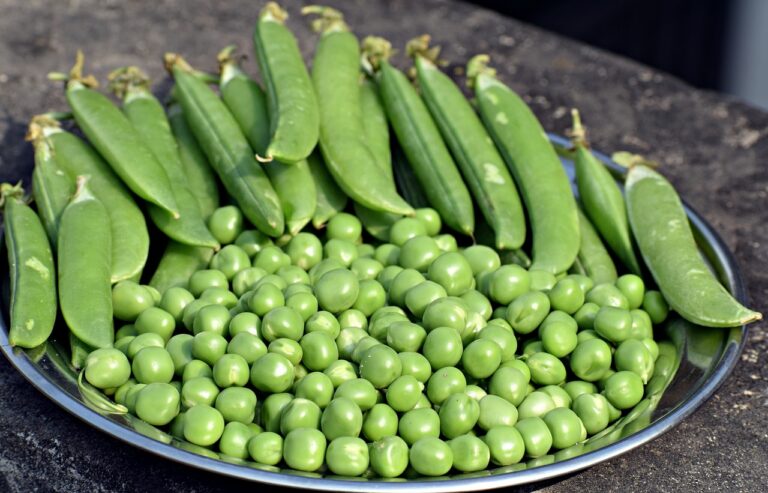The Benefits of Cooking with Seasonal Produce: Flavor, Nutrition, and Sustainability
Choosing seasonal produce is a smart and beneficial choice for both your health and the environment. The fruits and vegetables that are in season are typically fresher, more flavorful, and packed with essential nutrients. By opting for seasonal produce, you are not only treating your taste buds to the best flavors nature has to offer, but you are also getting the maximum nutritional benefit from your fruits and veggies.
Additionally, selecting seasonal produce supports local farmers and reduces the carbon footprint associated with food transportation. When you choose fruits and vegetables that are in season, you are supporting the local economy and promoting sustainable agricultural practices. By eating with the seasons, you are not only making a positive impact on your health but also on the environment as a whole.
• Choosing seasonal produce ensures that you are getting the freshest and most flavorful fruits and vegetables
• Seasonal produce is packed with essential nutrients, providing maximum nutritional benefit
• Supporting local farmers by selecting seasonal produce helps to promote sustainable agricultural practices
• Reducing the carbon footprint associated with food transportation by choosing fruits and vegetables that are in season
• Eating with the seasons not only benefits your health but also has a positive impact on the environment as a whole
Enhanced Flavor Profiles
Embracing seasonal produce goes hand in hand with enhanced flavor profiles. The sight, smell, and taste of freshly picked fruits and vegetables at their peak ripeness bring a burst of vibrant flavors to any dish. This unparalleled taste experience is a direct result of the produce being allowed to ripen naturally under the sun, leading to a richness and complexity that cannot be replicated with out-of-season options.
Seasonal produce also offers a variety of flavors that can elevate culinary creations to new heights. From the sweet juiciness of summer berries to the earthy robustness of fall squash, each season brings a unique array of tastes to the table. By incorporating these seasonal gems into your cooking, you not only enhance the overall flavor profile of your dishes but also support local farmers and promote sustainable food practices.
Maximized Nutritional Value
Seasonal produce not only delights our taste buds with their vibrant flavors but also offers a plethora of health benefits. Fruits and vegetables that are in season are harvested at their peak ripeness, ensuring maximum nutritional value. From antioxidant-rich berries in the summer to vitamin-packed root vegetables in the fall, seasonal produce is nature’s way of providing us with essential nutrients to support our overall well-being.
By incorporating a variety of seasonal fruits and vegetables into your diet, you can easily maximize the nutritional value of your meals. Whether you prefer to snack on fresh berries, savor roasted winter squash, or enjoy a colorful salad bursting with summer vegetables, each seasonal produce offers its unique set of vitamins, minerals, and antioxidants. Embracing the bounty of each season not only enriches your meals with flavor but also ensures that you are fueling your body with the essential nutrients it needs to thrive.
Why should I choose seasonal produce?
Choosing seasonal produce ensures that you are getting fruits and vegetables at their peak freshness, flavor, and nutritional value.
How do seasonal produce items have enhanced flavor profiles?
Seasonal produce is grown and harvested at the right time, allowing the fruits and vegetables to develop their full flavor potential. This results in more delicious and flavorful produce compared to out-of-season items.
How does seasonal produce maximize nutritional value?
Seasonal produce is typically harvested closer to when it is consumed, retaining more of its nutrients. This means that seasonal produce often has higher levels of vitamins, minerals, and antioxidants compared to produce that has been transported long distances and stored for periods of time.







